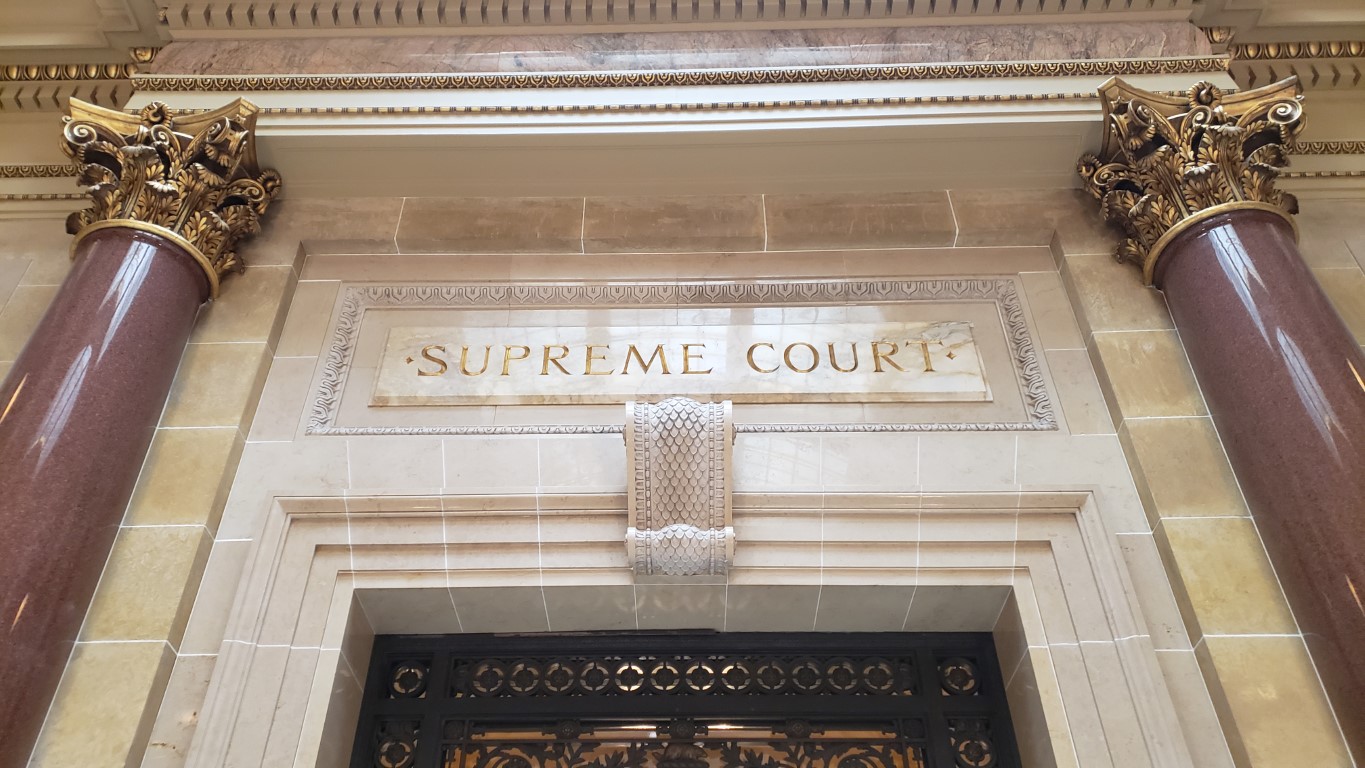The Wisconsin Supreme Court today appointed separate three-judge panels to hear two lawsuits seeking new congressional lines, opening the door to new maps being in place ahead of the 2026 elections. Conservative Justice Annette Ziegler slammed the move, accusing her colleagues of acting “in furtherance of delivering partisan, political advantage to the Democratic Party.” Today’s orders come amid a...
Please log in to access subscriber content.
If you don't have a subscription, please contact schmies@wispolitics.com for subscription options on the WisPolitics-State Affairs platform, which is the new home for WisPolitics subscriber products.


